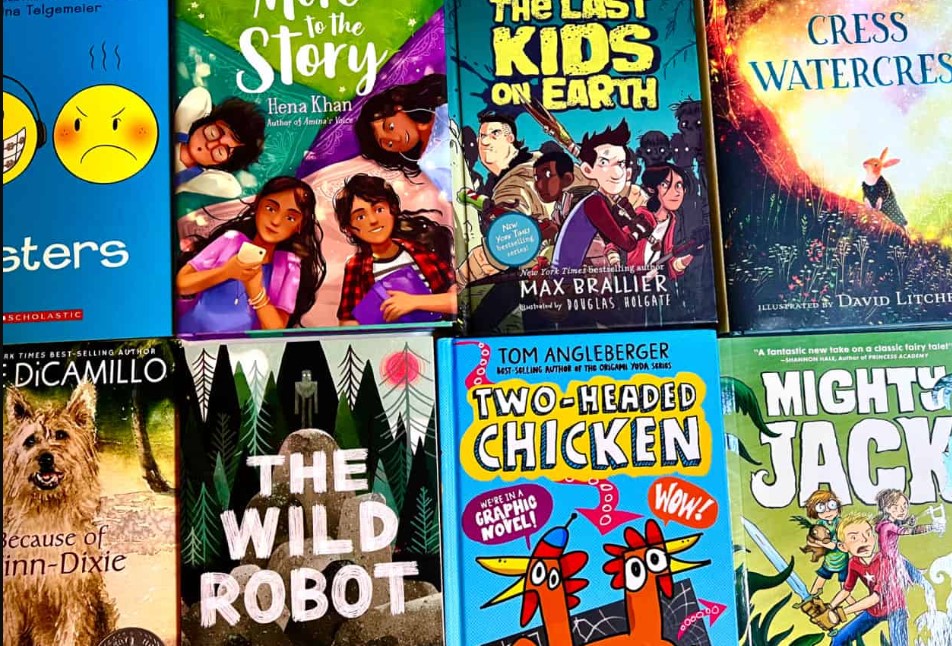
These 10 summer reads are guaranteed to broaden readers’ perspectives on food, agriculture, and society. Whether you’re a food enthusiast, an avid home cook, or are simply passionate about the relationship between food, identity, and society, this list has a book to satisfy any palate.
1. Accountability: Why We Need to Count Social and Environmental Cost for A Livable Future by David A. Bainbridge
The escalating levels of greenhouse gas emissions are posing severe threats and escalating global disasters. In Accountability, author David Bainbridge argues that it’s necessary to understand the full cost of people’s actions to secure a sustainable future. Bainbridge details how effective accounting of emissions and environmental costs is not just an economic necessity, but a critical tool towards a livable future.
2. Agave Spirits: The Past, Present, and Future of Mezcals by David Suro Piñera and Gary Paul Nabhan
Agave Spirits, written by ethnobotanist Gary Paul Nabhan and restaurateur David Suro Piñera, delves into the vibrant world of tequila and mezcal production. The book uncovers the rich history of agave spirits, celebrates their diversity, and highlights how traditional mezcal methods are shaping the industry’s future—all while navigating climate challenges. This read invites both connoisseurs and novices to unravel the flavorful history of these unforgettable spirits.
3. A Place at the Nayarit: How a Mexican Restaurant Nourished a Community by Natalia Molina
In A Place at the Nayarit, historian Natalia Molina explores the story of her grandmother, an immigrant from Mexico who established a thriving restaurant in Echo Park, Los Angeles in 1951. The restaurant also became a home to a robust community of immigrants who maintained their cultural ties while finding a sense of belonging.
4. Crip Up the Kitchen: Tools, Tips and Recipes for the Disabled Cook by Jules Sherred
Crip Up the Kitchen is a cookbook tailored for disabled and neurodivergent individuals. Food photographer and disability advocate Jules Sherred leverages the convenience of modern kitchen tools to challenge the inherent ableism found in conventional cooking guides. Beyond the 50 recipes, the book offers practical advice on pantry prep, meal planning, shopping, kitchen organization, and safety tips to make home cooking accessible and enjoyable.
5. Earth to Tables Legacies: Multimedia Food Conversations Across Generations and Cultures by Deborah Barndt, Lauren E. Baker, and Alexandra Gelis
Earth to Table Legacies offers an insightful exploration into food sovereignty and justice, addressing the impacts of industrial food systems on health and global inequities. The authors showcase the stories of diverse food activists through multimedia content including photo essays, links to videos, and scholarly commentaries. This read provides an enriching platform for students and activists to critically engage with the pressing issues of our food system.
6. Food Power Politics: The Food Story of the Mississippi Civil Rights Movement by Bobby J. Smith II
Food Power Politics delves into the integral role of food in American civil rights history. It explores how food was weaponized against Black communities and later transformed into a tool of resistance. Drawing connections between past civil rights activism and today’s food justice movements, Bobby J. Smith illuminates the ongoing battle for food autonomy. And he shows how Black communities are envisioning and creating self-sufficient local food systems.
7. Guaraná: How Brazil Embraced the World’s Most Caffeine-Rich Plant by Seth Garfield
Seth Garfield’s chronicle of guaraná, an Amazonian vine with high caffeine content, offers a unique perspective on Brazil’s history. The narrative traces the journey of guaraná from its indigenous origins to its transformation and commercialization in the modern soft drink industry. In doing so, it uncovers insights about Amazonian ecosystems, knowledge circulation, and the dichotomy of tradition and modernity in Brazil.
8. Imperial Wine: How the British Empire Made Wine’s New World by Jennifer Regan-Lefebvre
Imperial Wine explores Britain’s role in the development of the wine industries in Australia, South Africa, and New Zealand. Jennifer Regan-Lefebvre argues that the current global wine industry emerged from settler colonialism, with viticulture in British colonies being integral to imperialism. The book traces the transformation of colonial wines from their initial rejection by British consumers to their eventual acceptance due to strategic marketing and post-war societal changes.
9. Making Better Coffee: How Maya Farmers and Third Wave Tastemakers Create Value by Edward F. Fischer
Edward F. Fischer investigates the value system governing the high-end Third Wave coffee industry that connects taste, terroir, and social, moral, and political values. Making Better Coffee connects a consumer’s pursuit for a quality cup of coffee to the life of a highland coffee farmer in Guatemala. Through this narrative, Fischer examines quality, craft, justice, and necessity, demonstrating how the true worth and value of coffee is determined.
10. Retail Inequality: Reframing the Food Desert Debate by Kenneth H. Kolb
Retail Inequality delves into the challenges faced by two Black communities in South Carolina, overlooked for decades concerning their inadequate retail options. Kenneth H. Kolb critiques the well-meaning but ineffective concept of a food desert, arguing it has failed to alter local eating habits. Instead, Kolb asserts, the roots of today’s unequal food access lie in the history of deindustrialization, urban policy, and racism.










